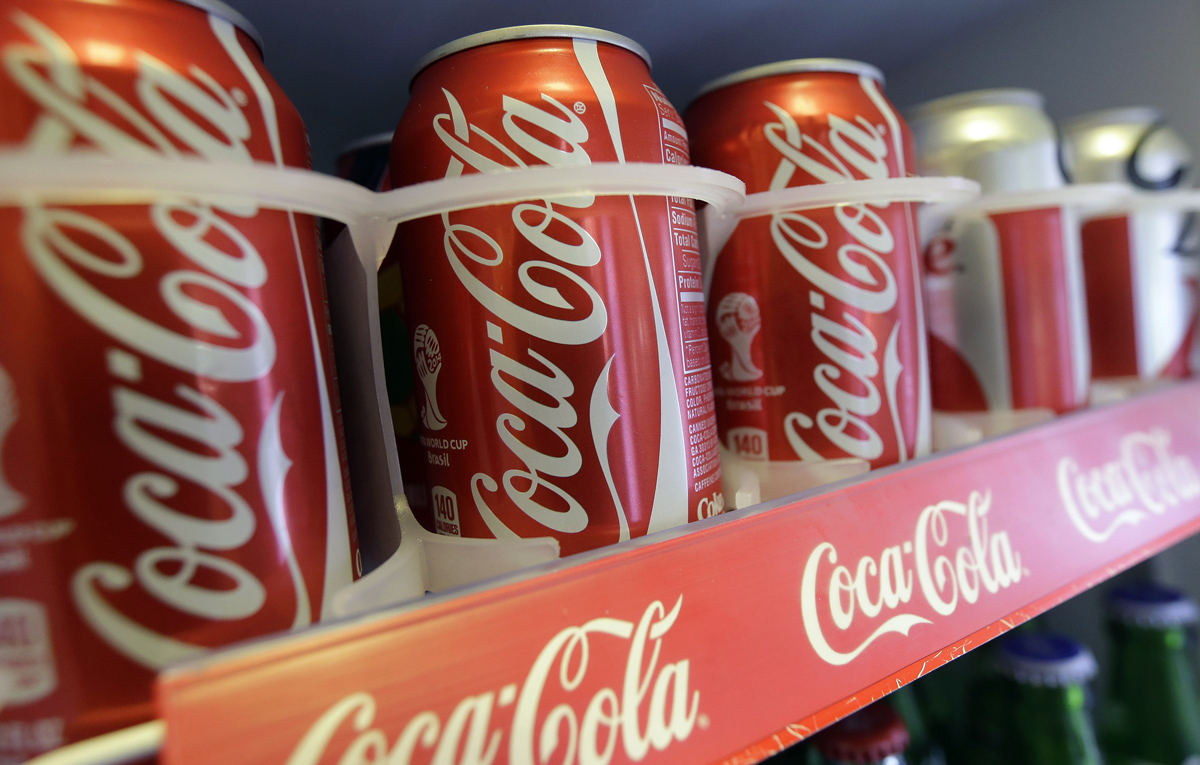The province’s MSP Task Force has recommended B.C. make sugary drinks more expensive. The three person panel is suggesting the province take away the PST exemption on pop, juice and energy drinks.

Currently, all non-alcoholic drinks are exempt from the seven per cent tax. The Task Force proposes that all non-alcoholic beverages, except non-carbonated water and unflavoured milk, be subject to the tax.
“Simply removing the PST exemption for these drinks may not generate material health benefits associated with reducing consumption of these drinks, but these drinks do generate material health costs associated with their consumption and there is no nutritional or other benefit of the drinks that justify their tax exemption,” reads the report. “Research demonstrating adverse health effects of consuming high amounts of sugar and sugar substitutes raises a policy concern with the consumption of high sugar and sugar-substitute beverages.”
The MSP Task Force was established in November 2017 and held public consultations from November 2, 2017, to January 31, 2018. The goal was to find potential revenue sources to replace the Medical Service Plan premiums. The province is also introducing a new Employers Health Tax to cover the lost revenues.
Finance Minister Carole James is now reviewing the recommendations but is leaning heavily against accepting the recommendation to make sugary drinks more expensive.
“I’d like to thank the MSP Task Force members for their time and expertise. The task force has provided a comprehensive report with a number of policy recommendations,” said James. “We appreciate their analysis as we continue our work to make life better for people in B.C.”
The recommendations are aimed at these drinks because the Task Force says it would be relatively “easy for tax administrators and retailers to identify” and it also allows for the exemption to remain for basic water and milk products.
The Task Force was looking at increasing existing liquor and tobacco taxes, taxing sugary drinks, and potentially other “junk food” under PST at a significantly higher tax rate, and future tax increases on cannabis. Those taxes could have generated several hundred million dollars annually for the province, but decided against recommending wide-sweeping new or increased taxes because of the complexity of implementing it.
The Ministry of Finance has estimated that applying PST to non-alcoholic beverages, except non-carbonated water and unflavoured milk, would generate up to $120 million annually.
The Task Force has also recommended an elimination of the Home Owner Grant. The grant currently offsets property taxes on principal residences for most homeowners in B.C. The province is in the midst of reviewing the grant and looking at how a $400 renters grant that was promised during the 2017 election campaign could be implemented.




Comments